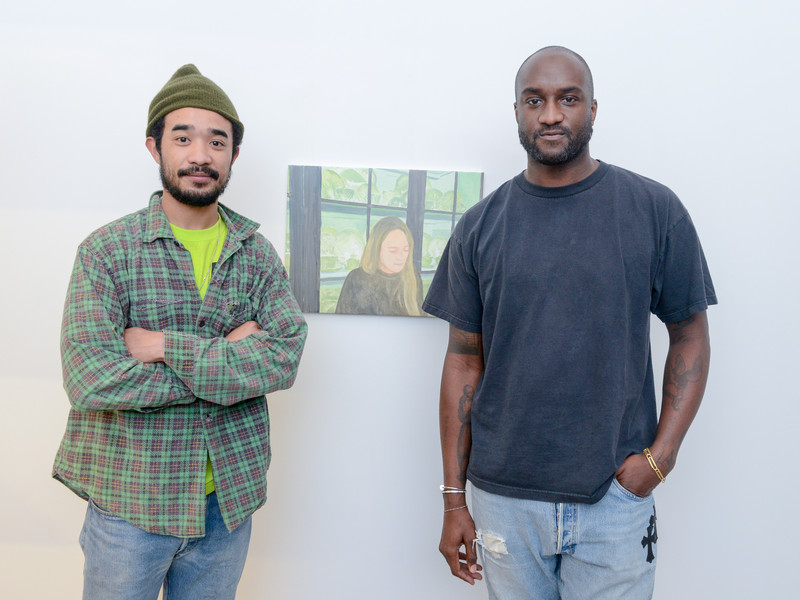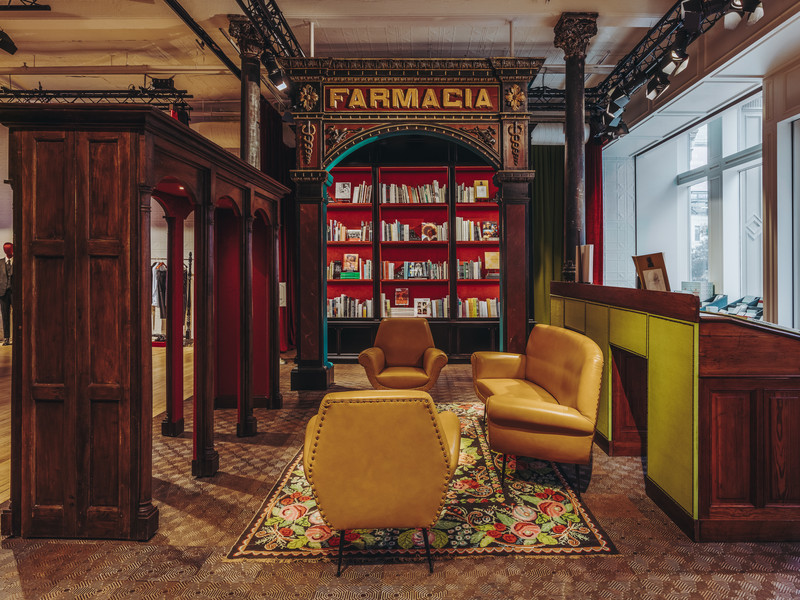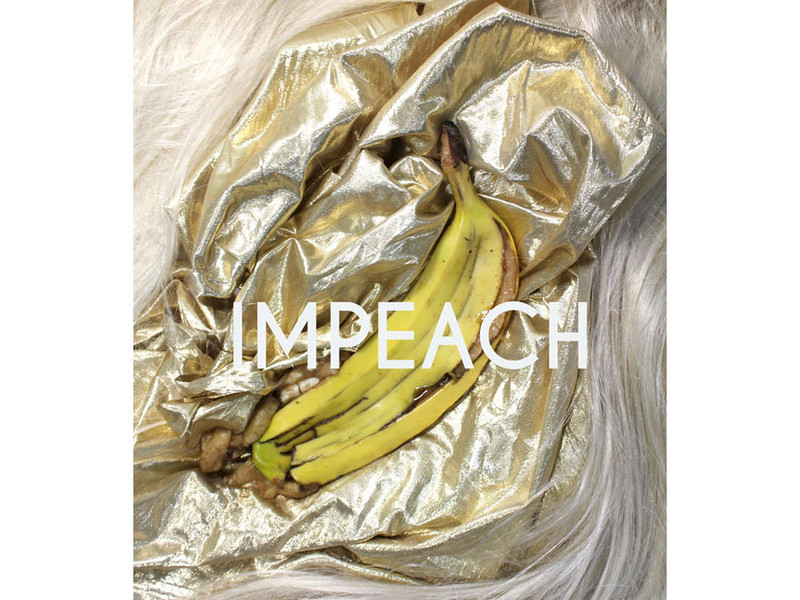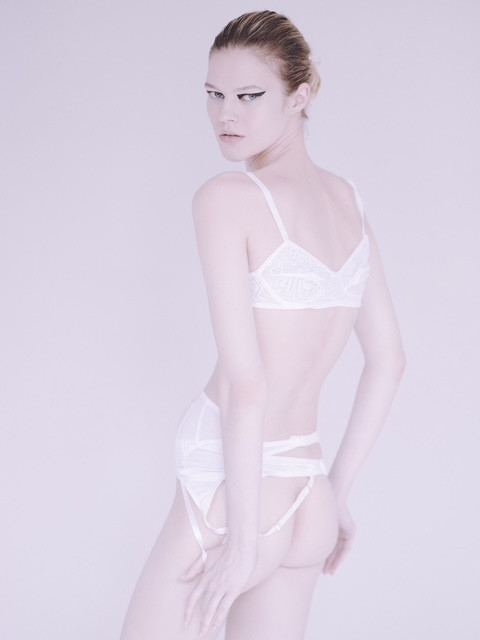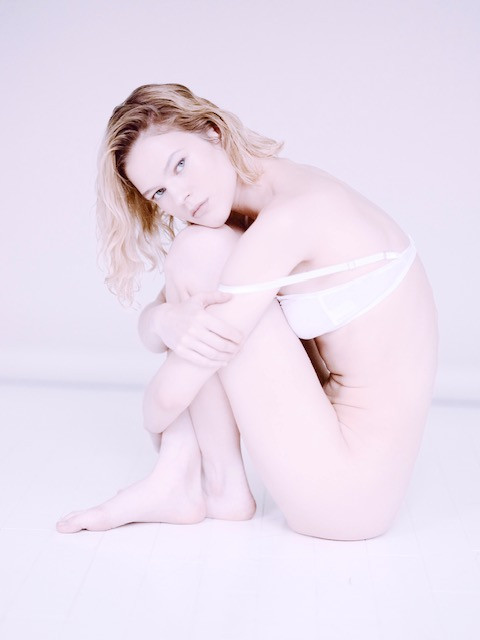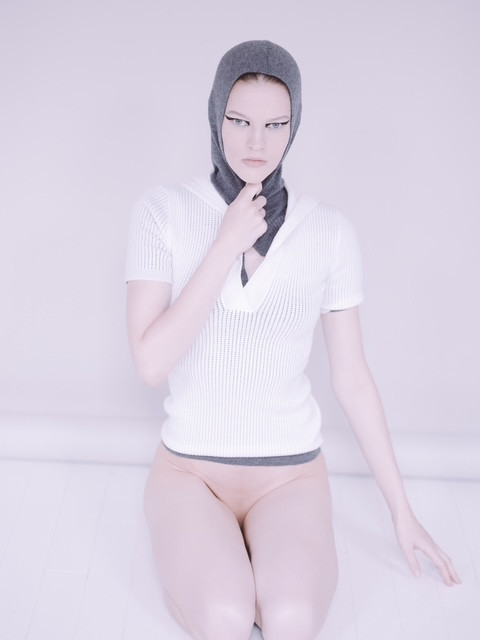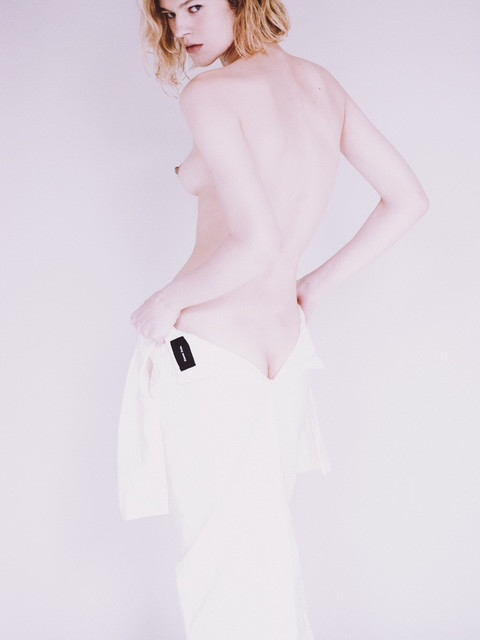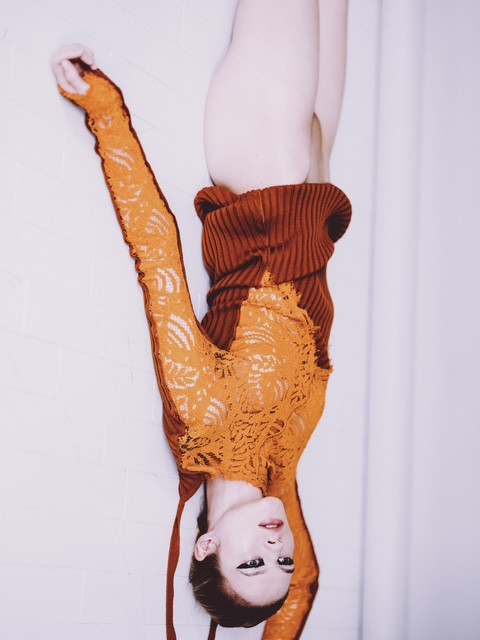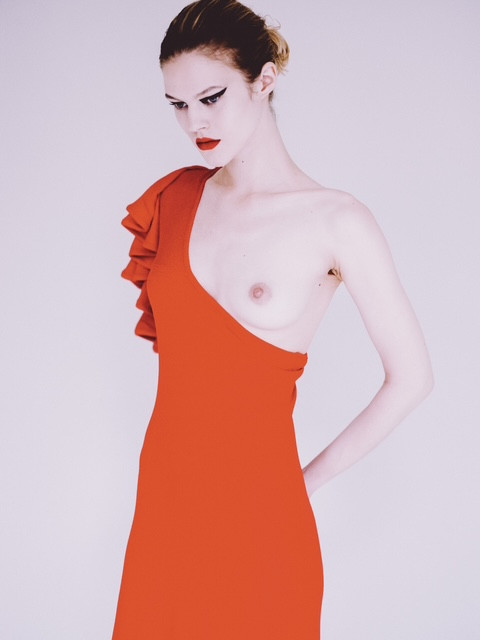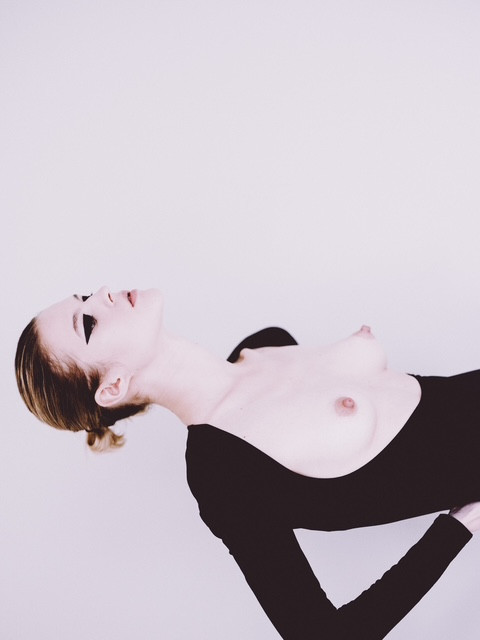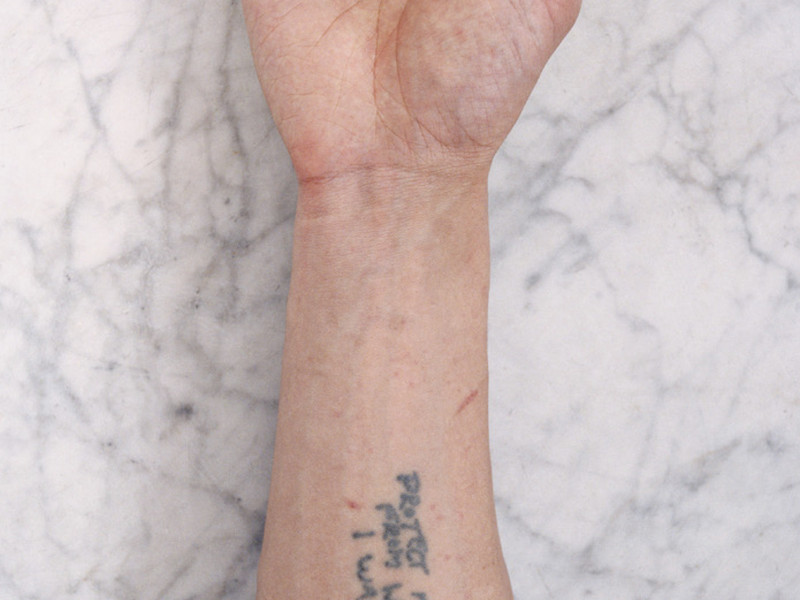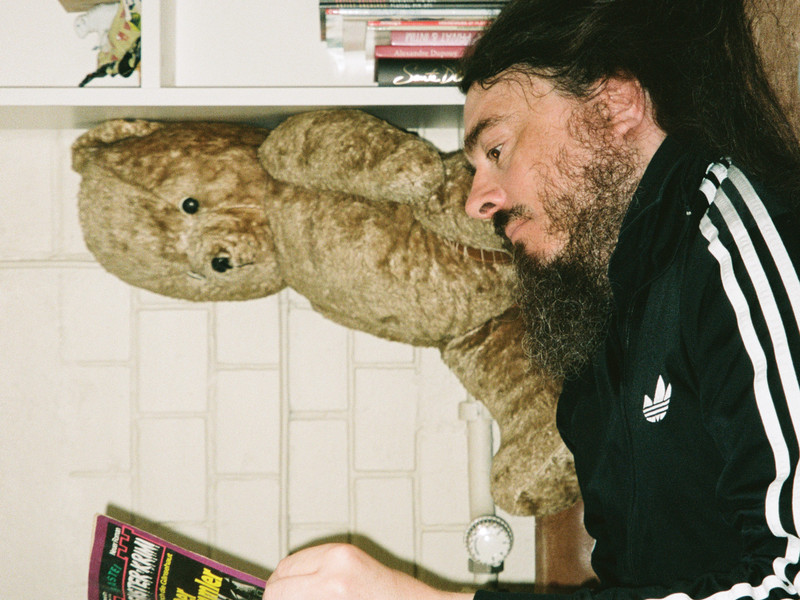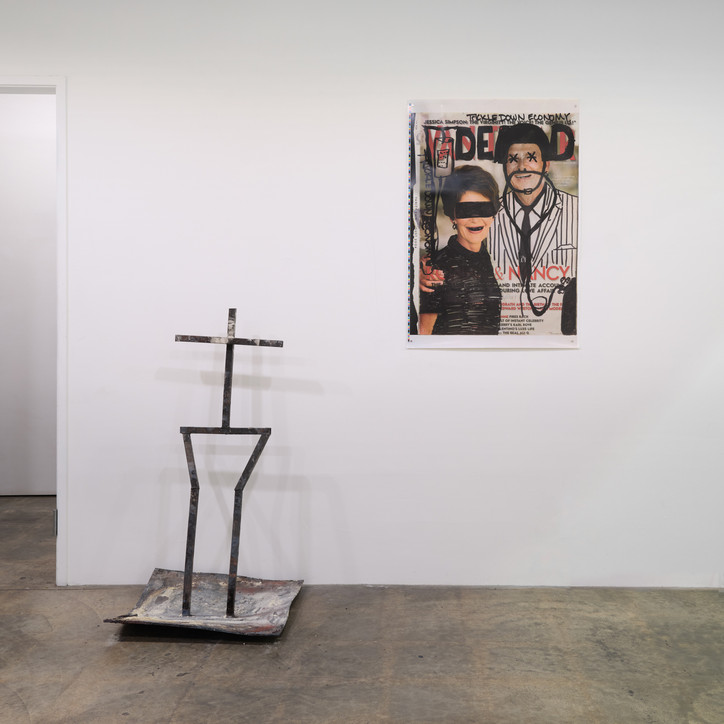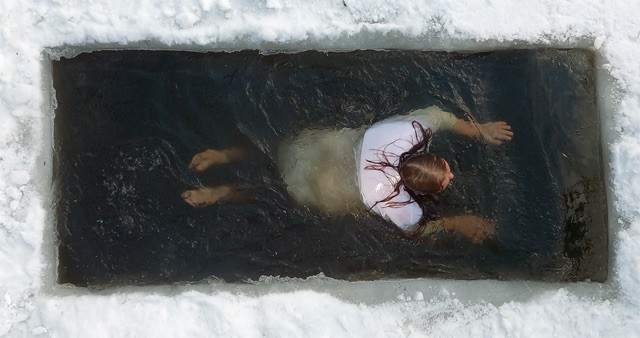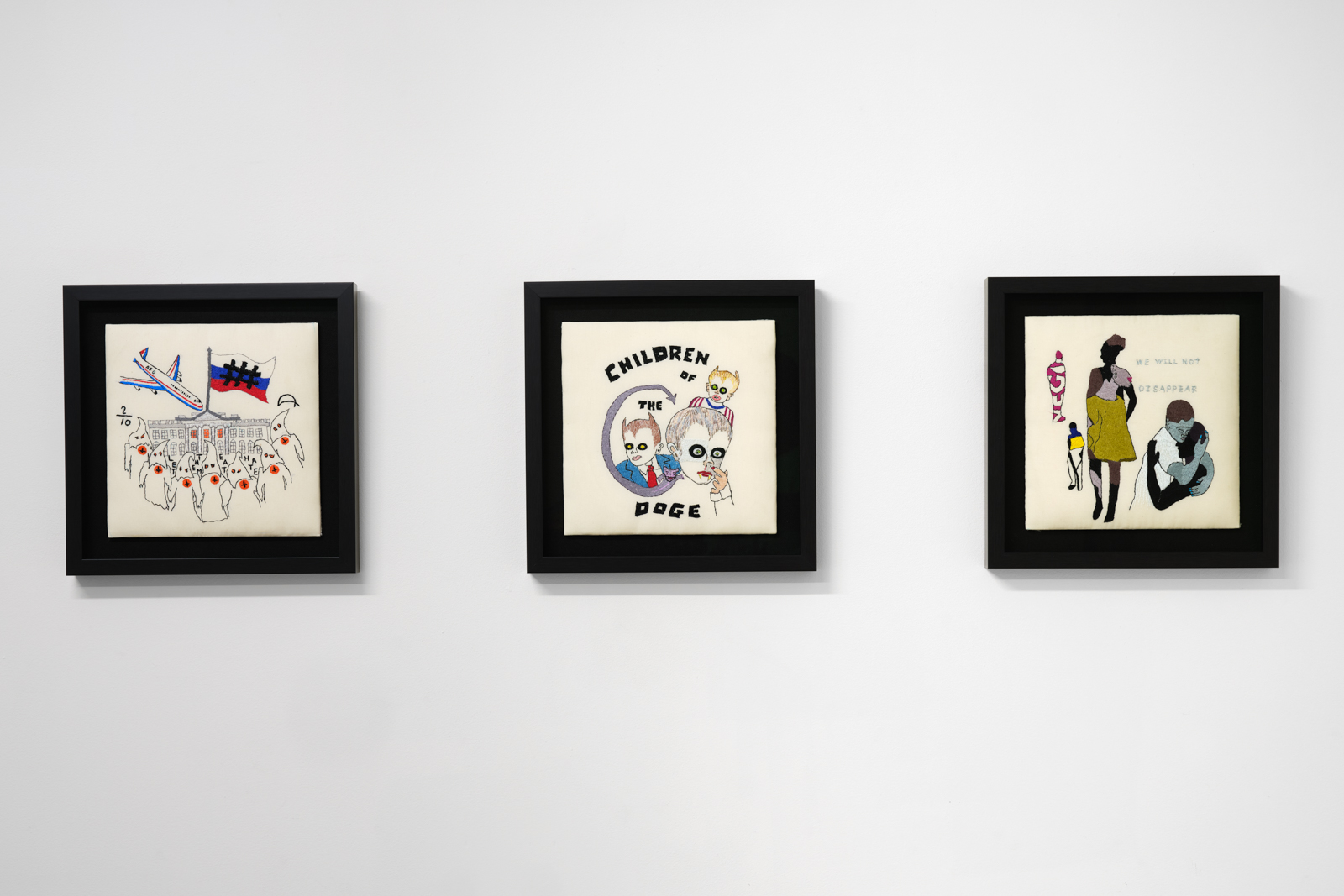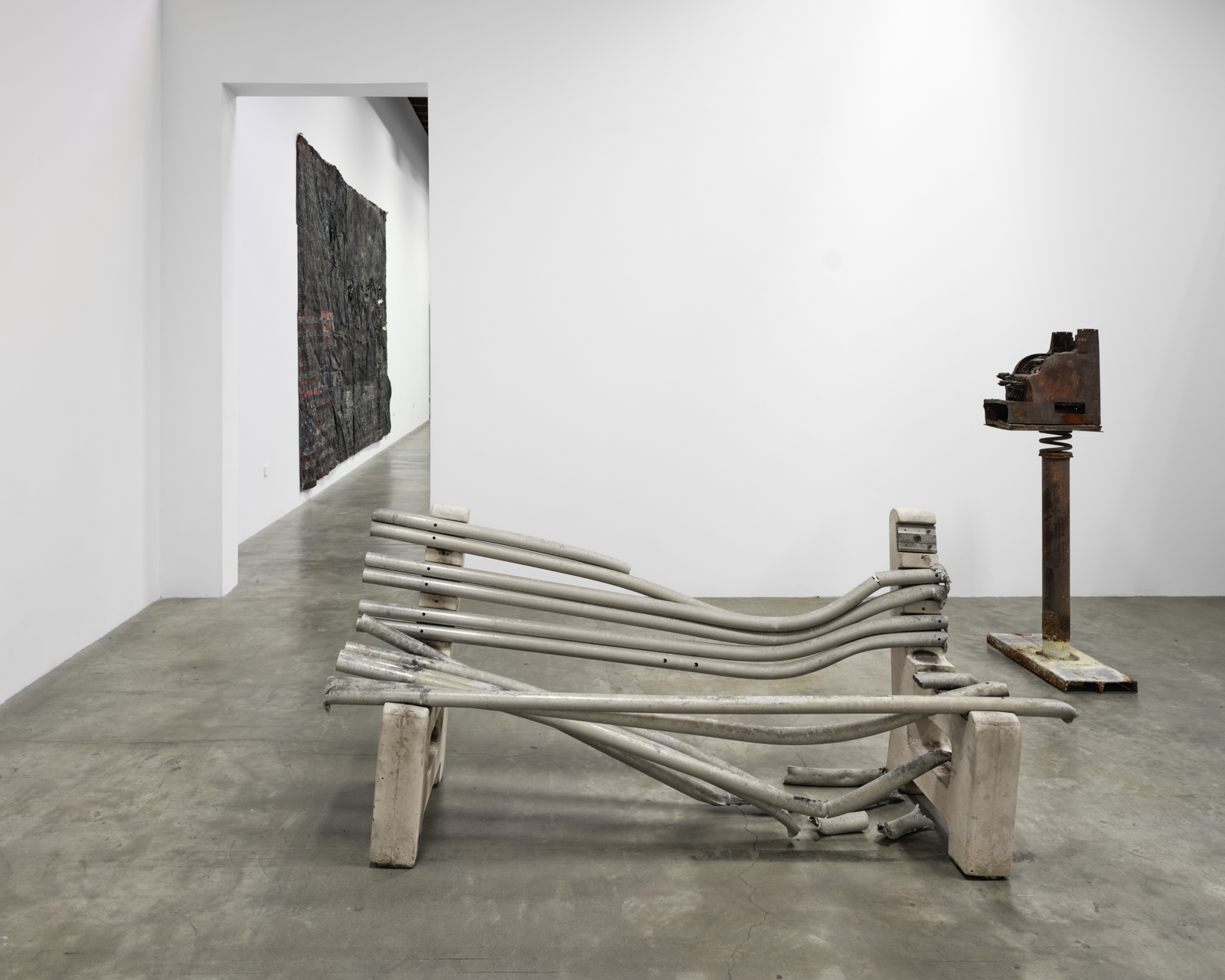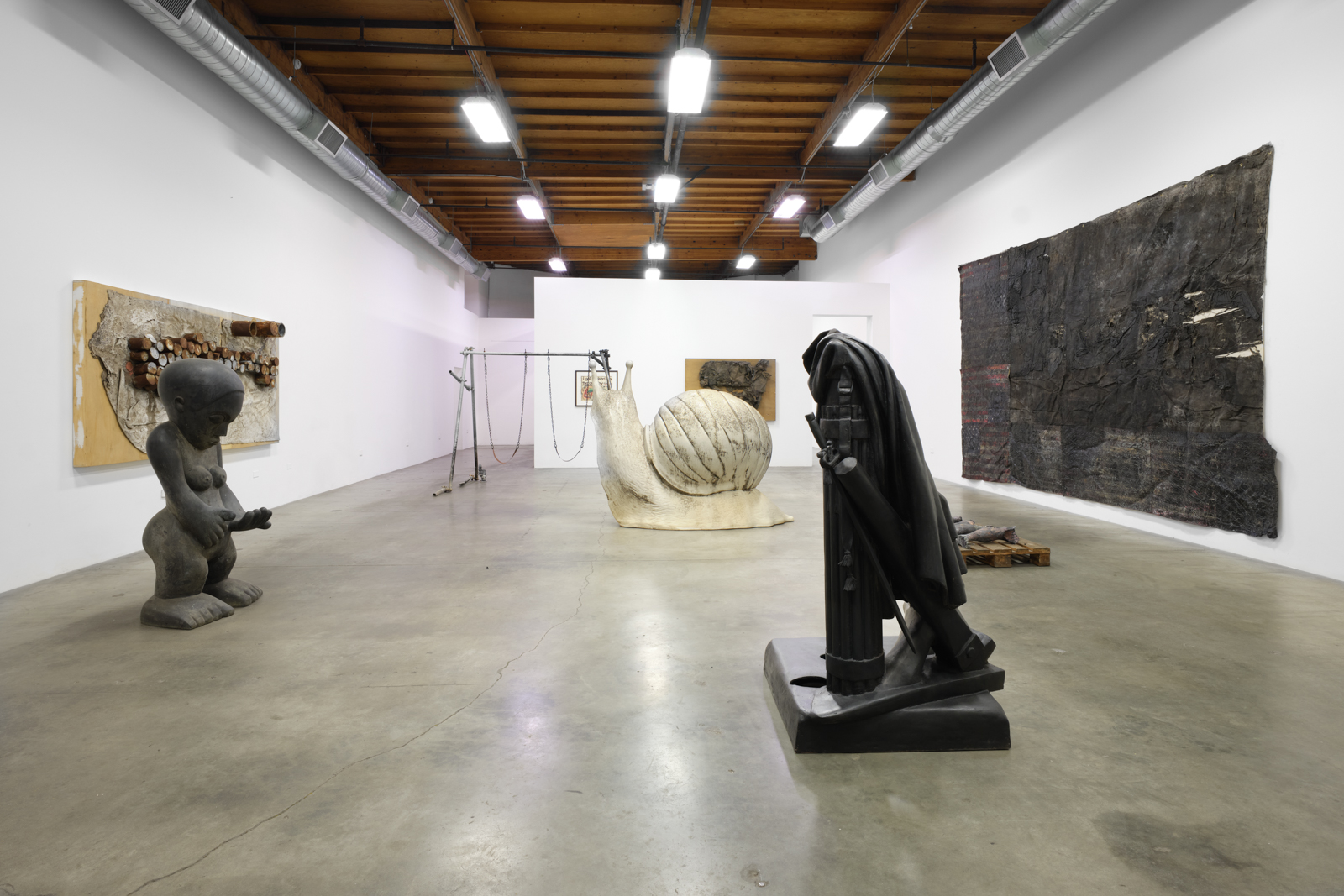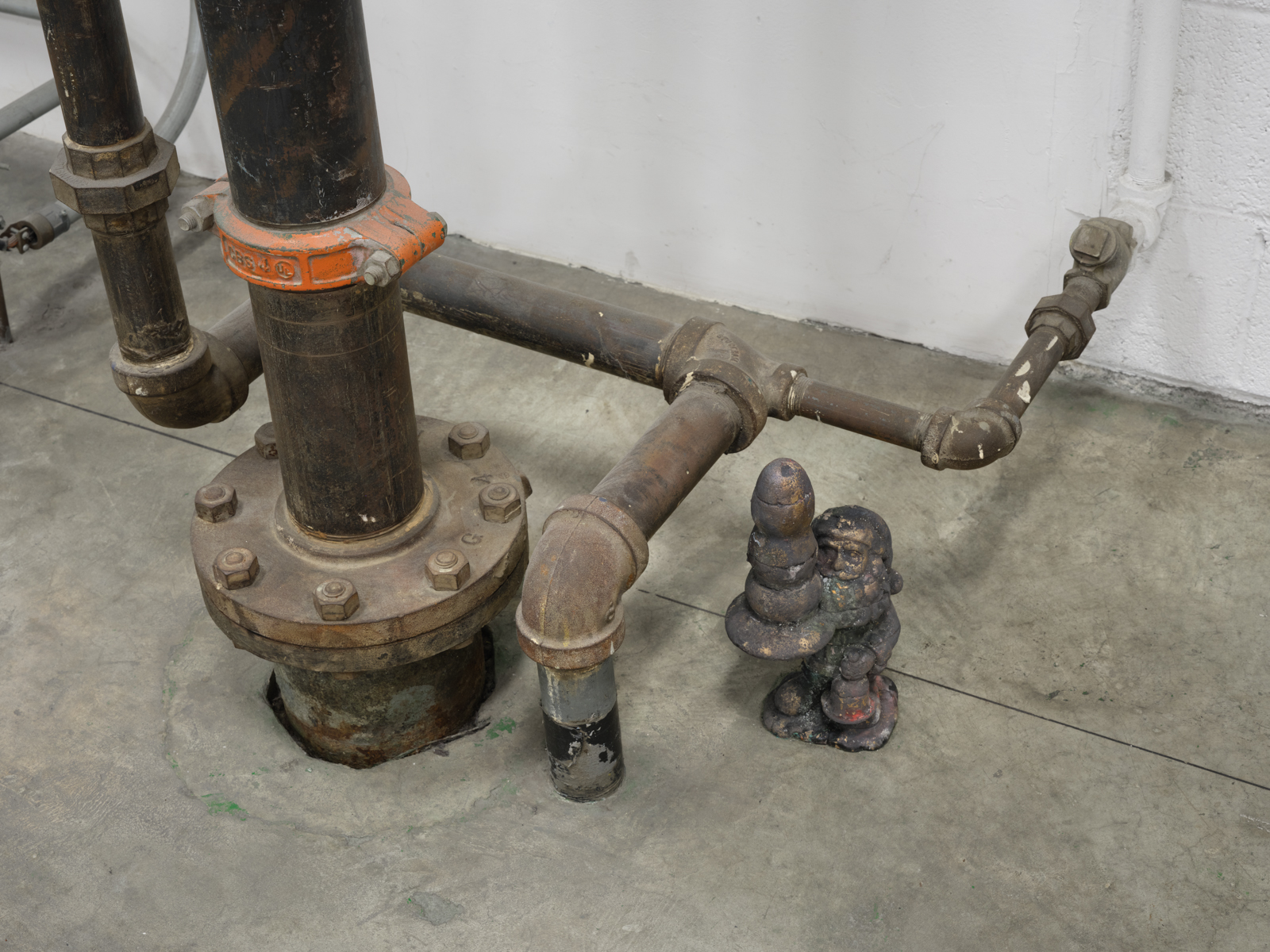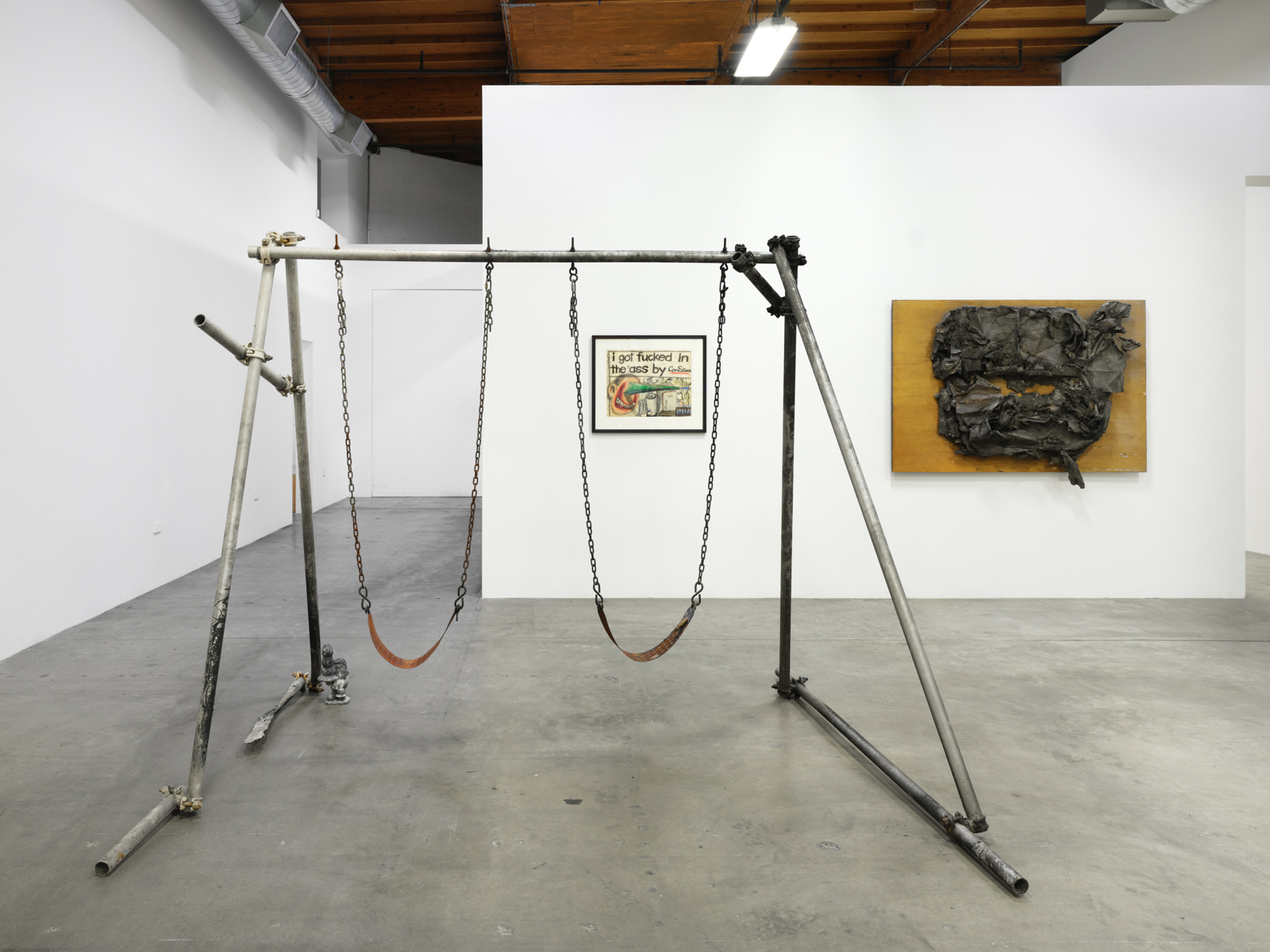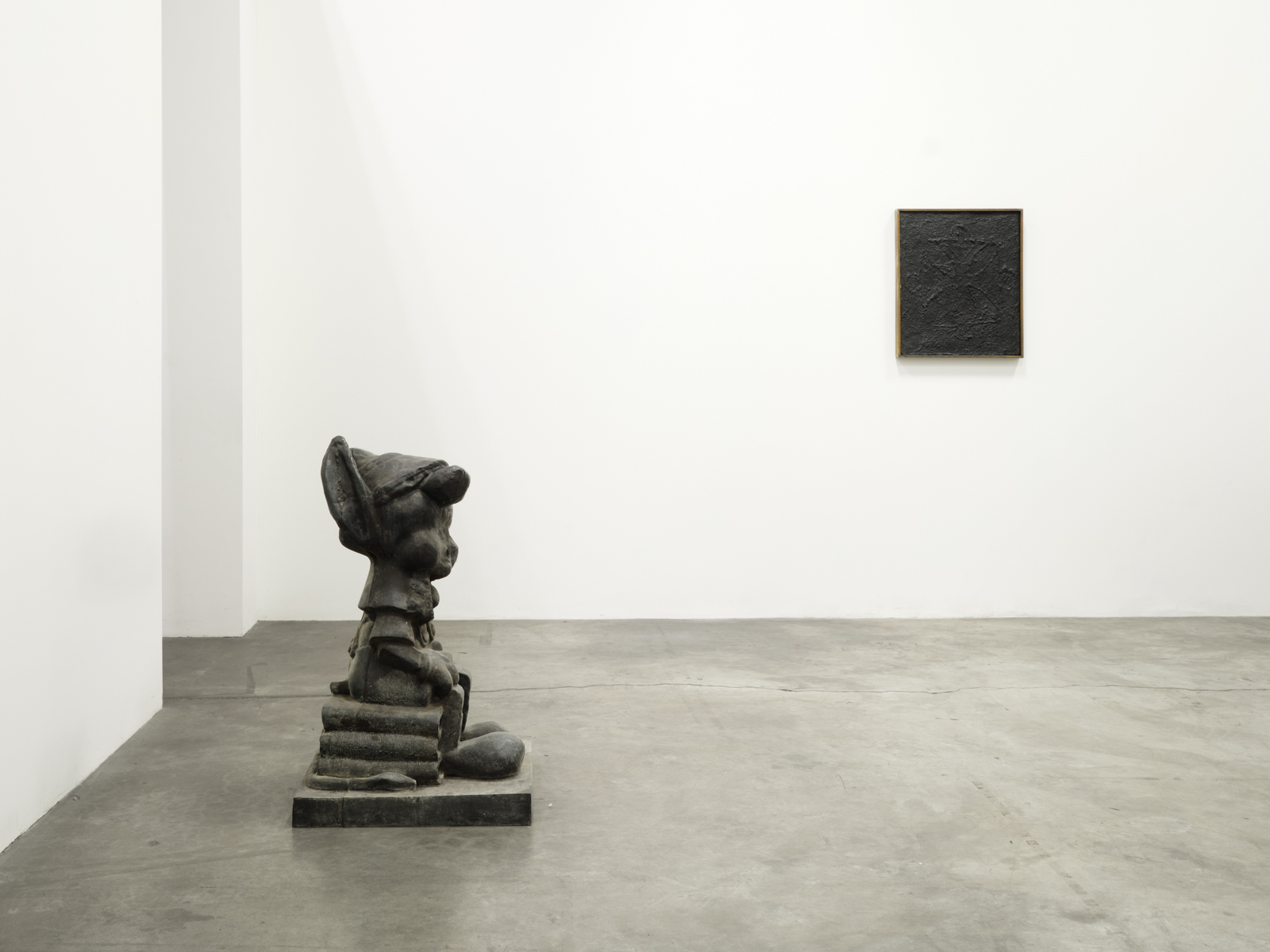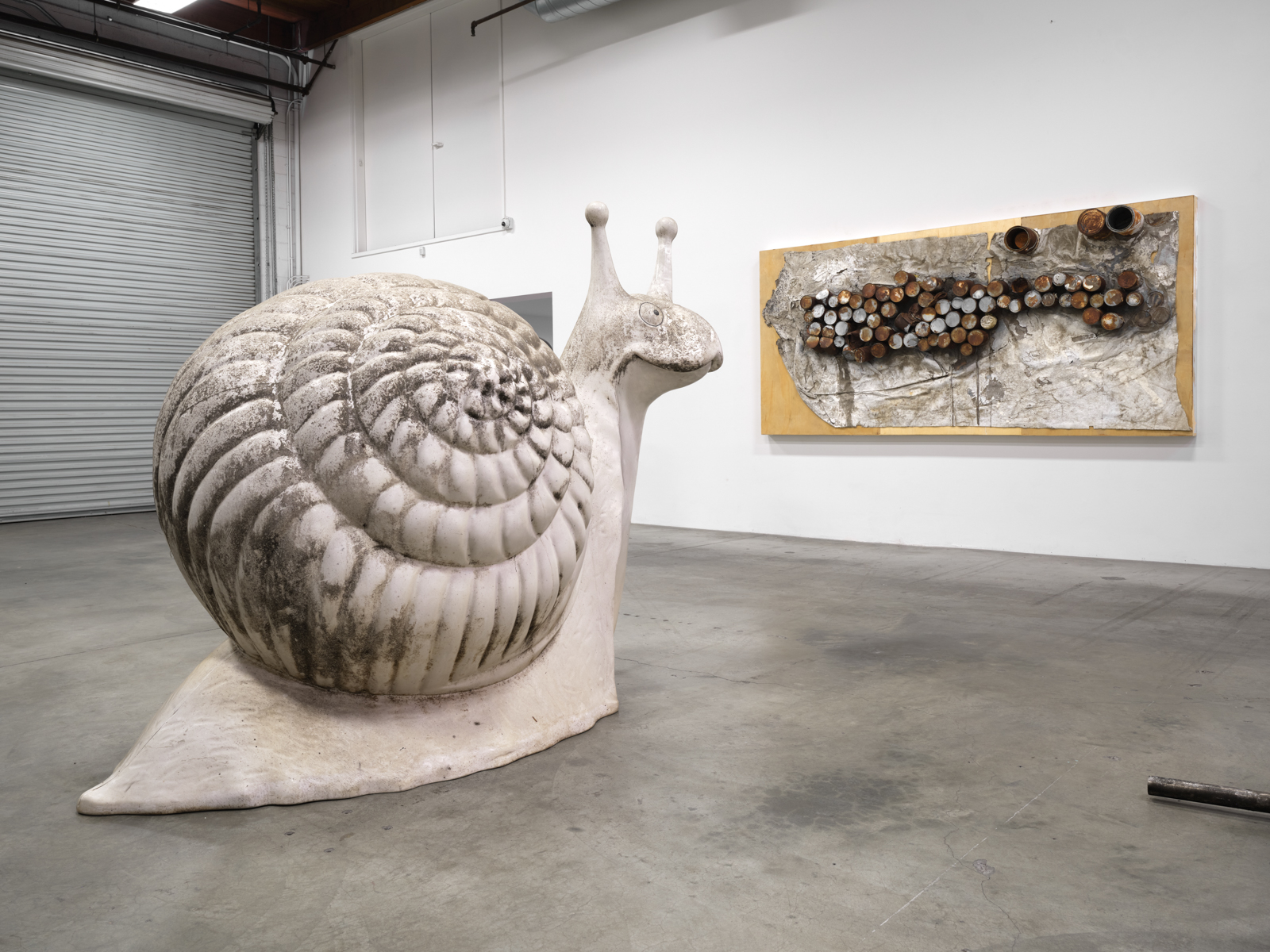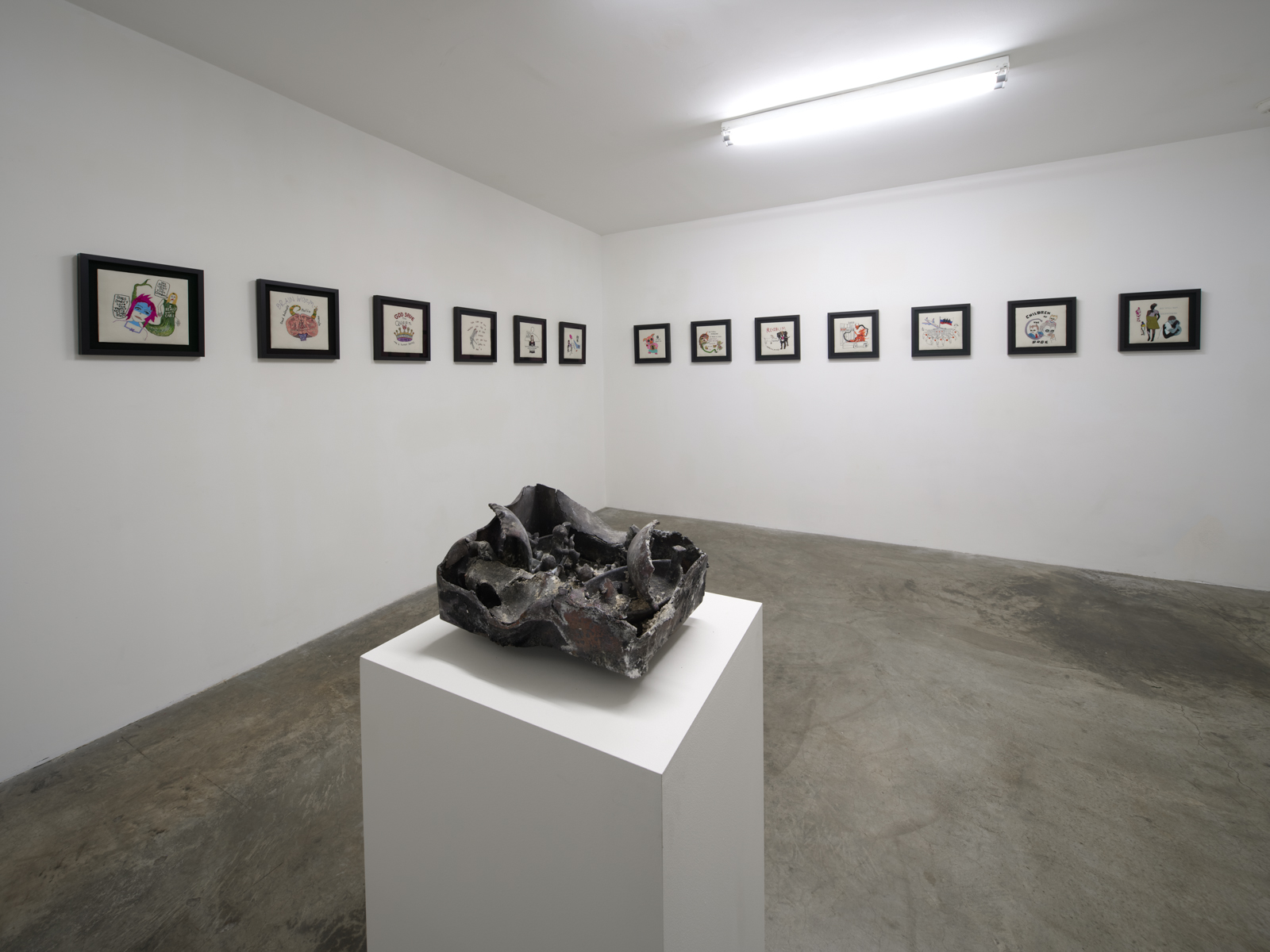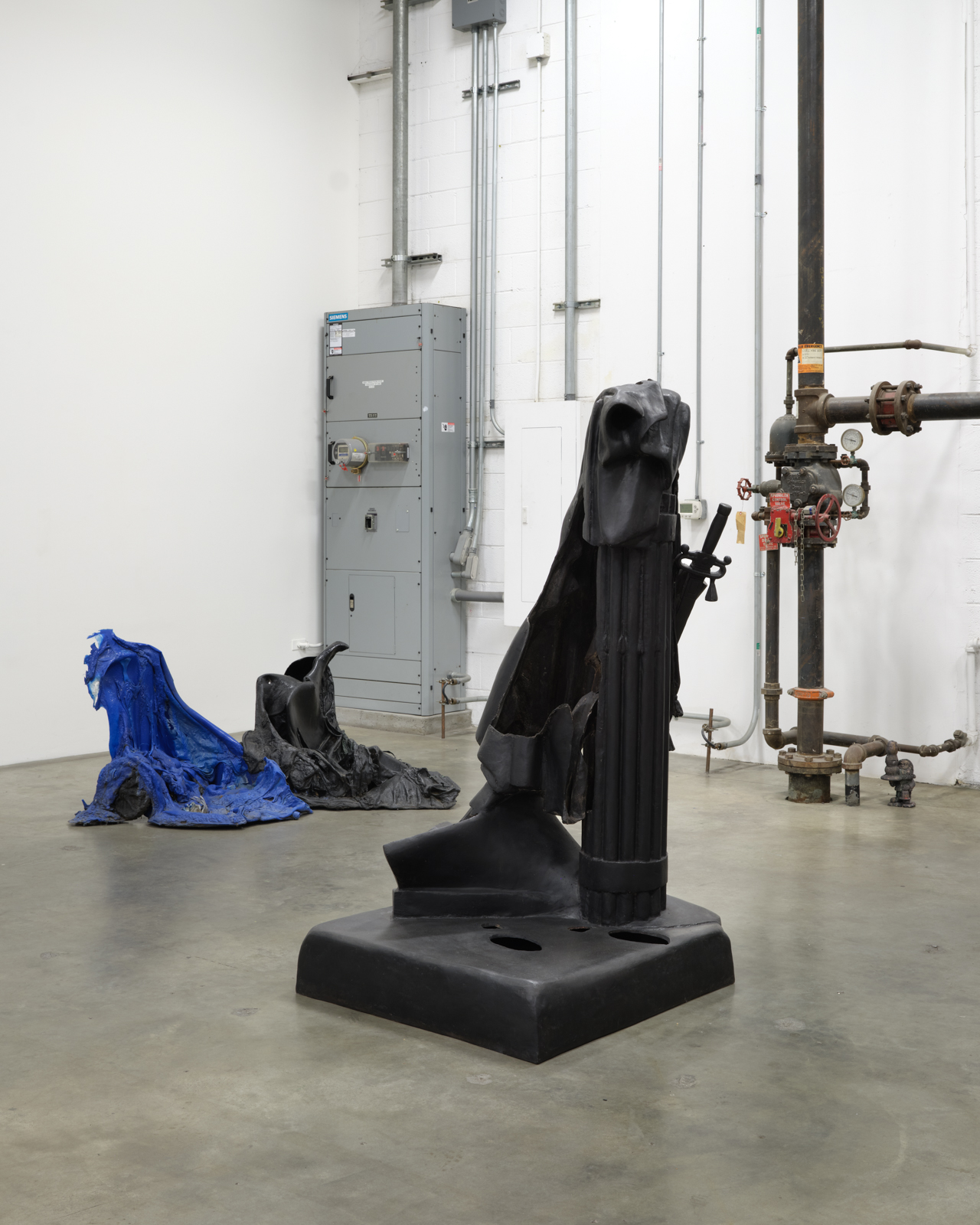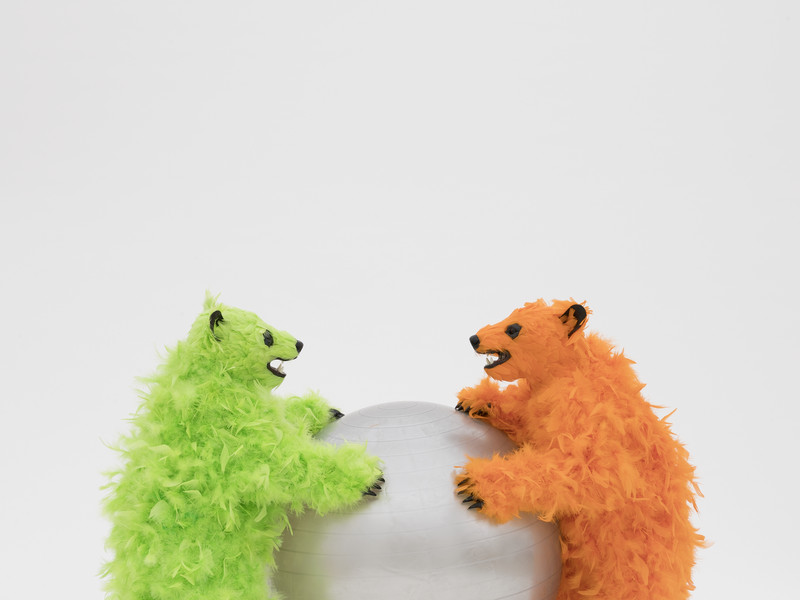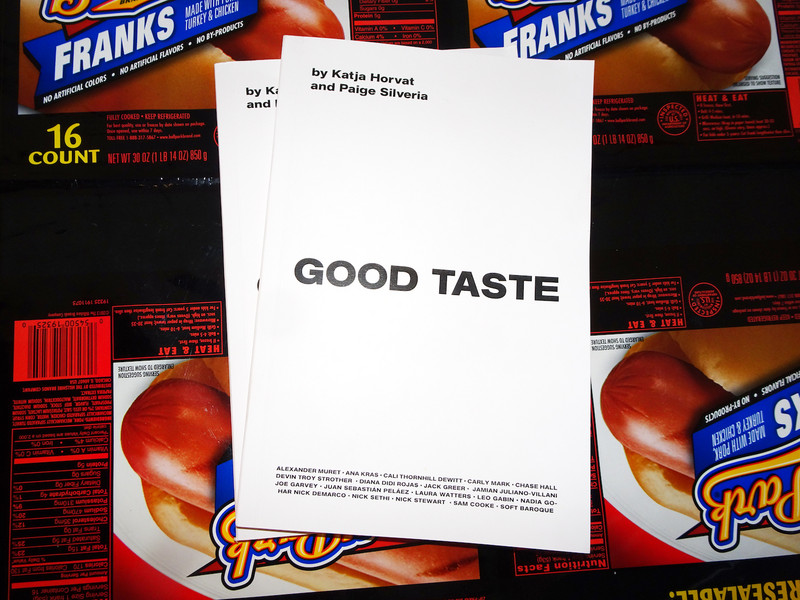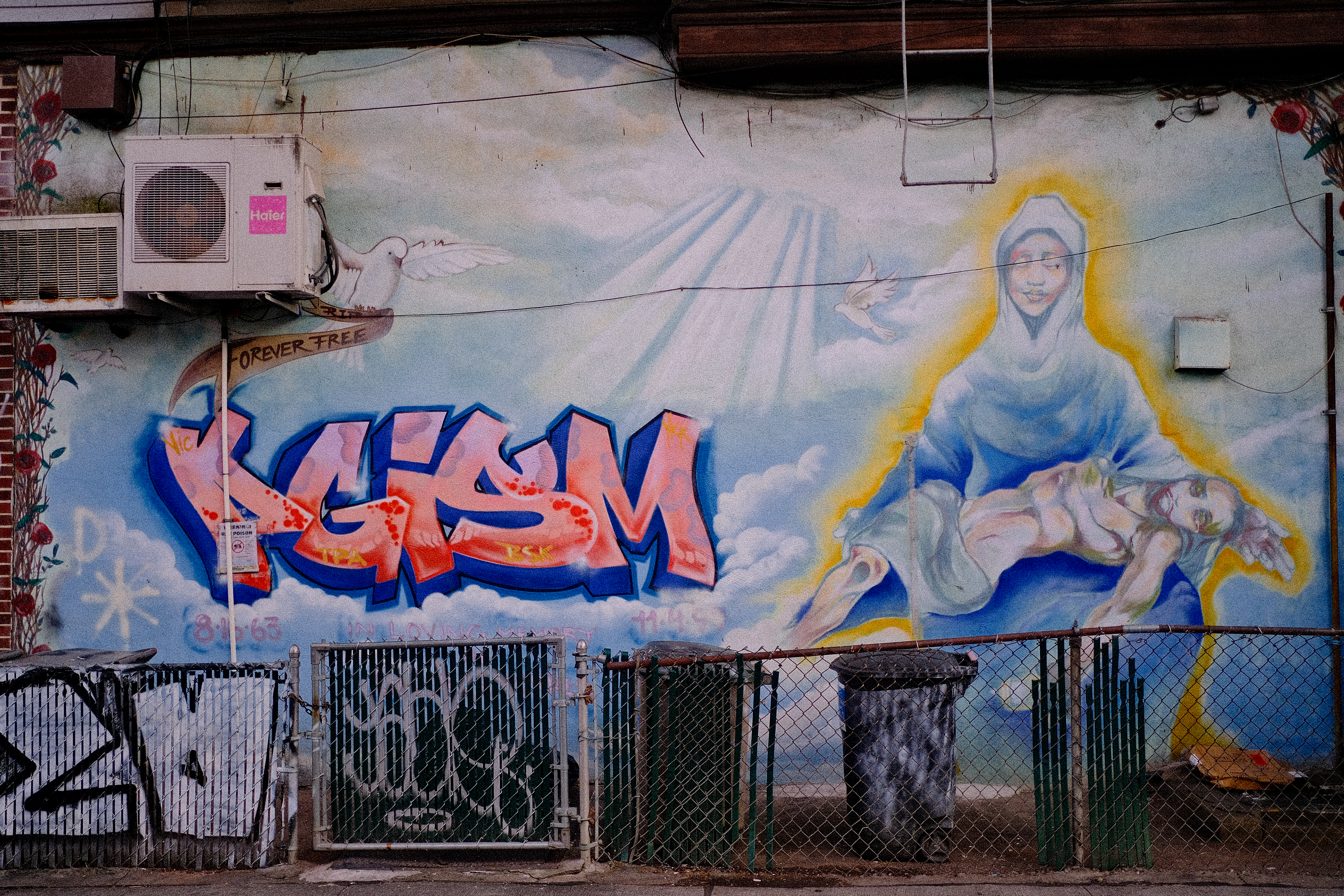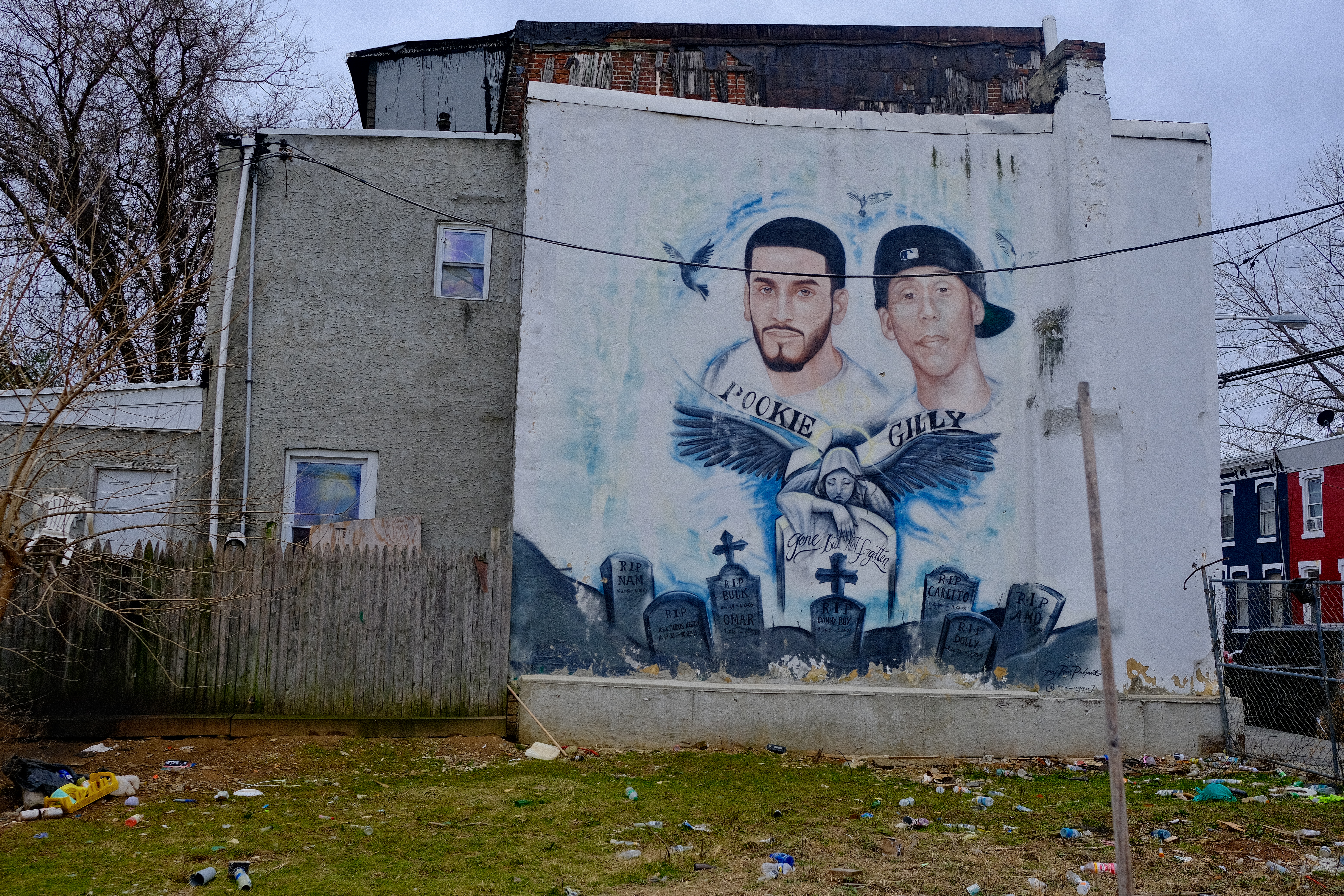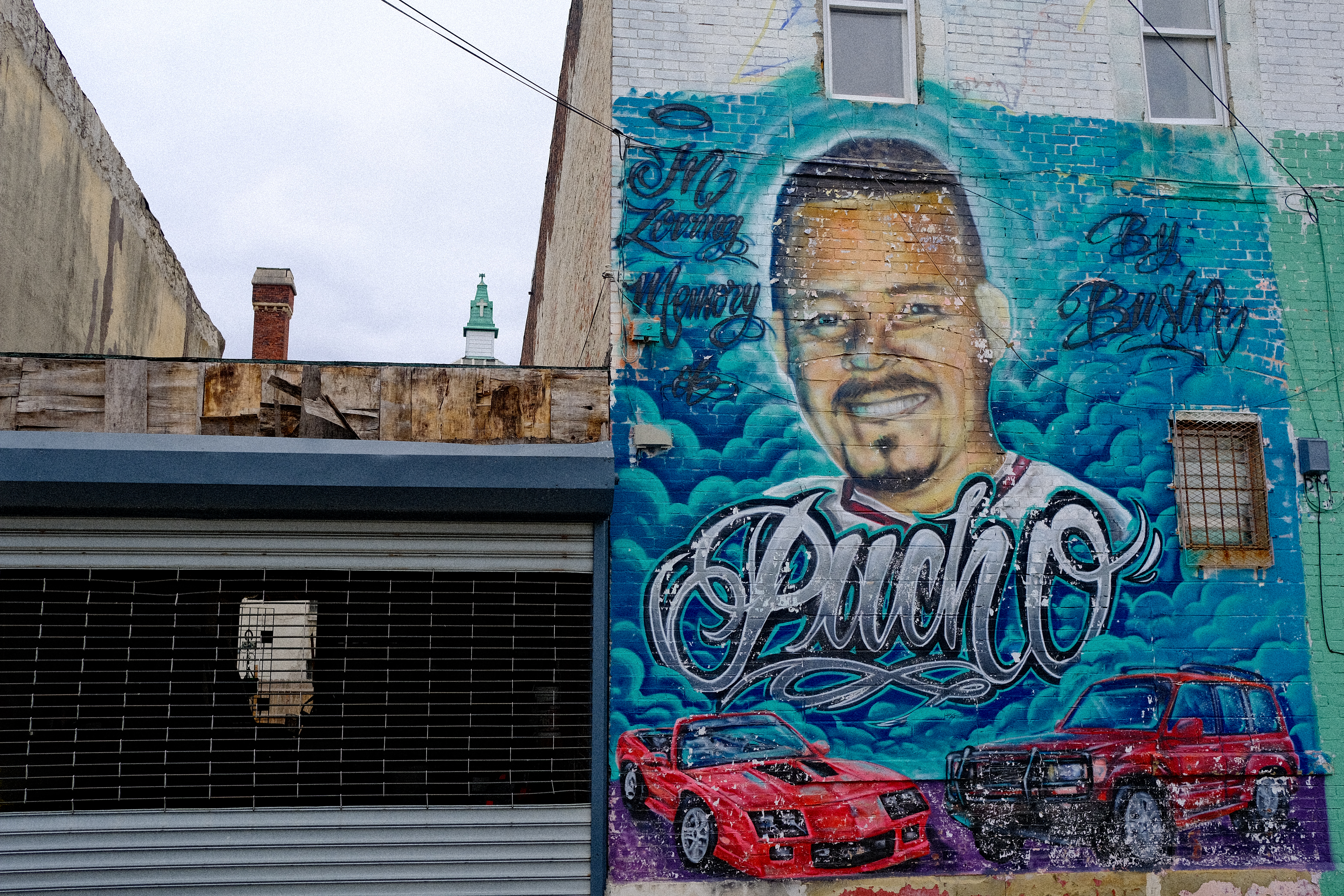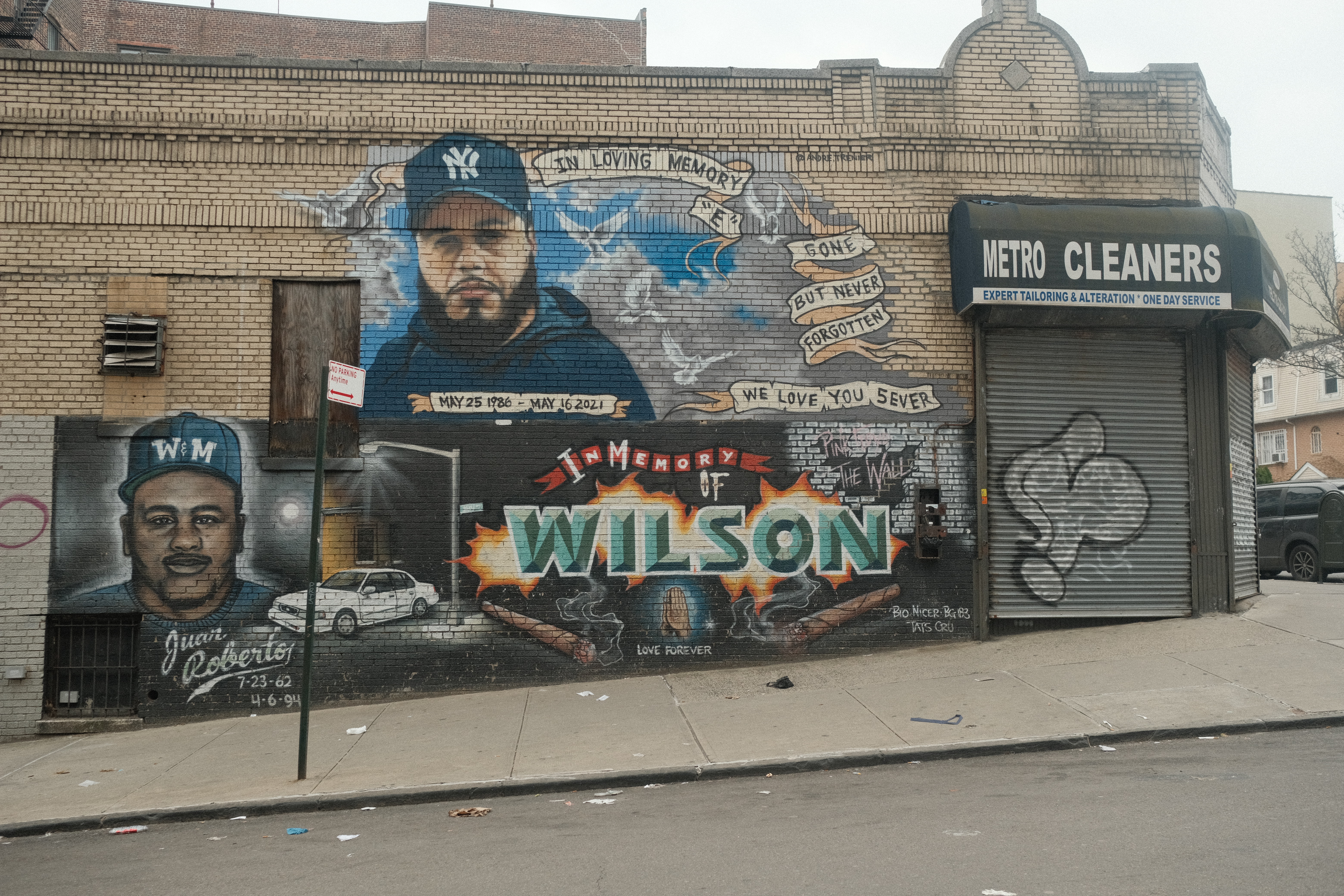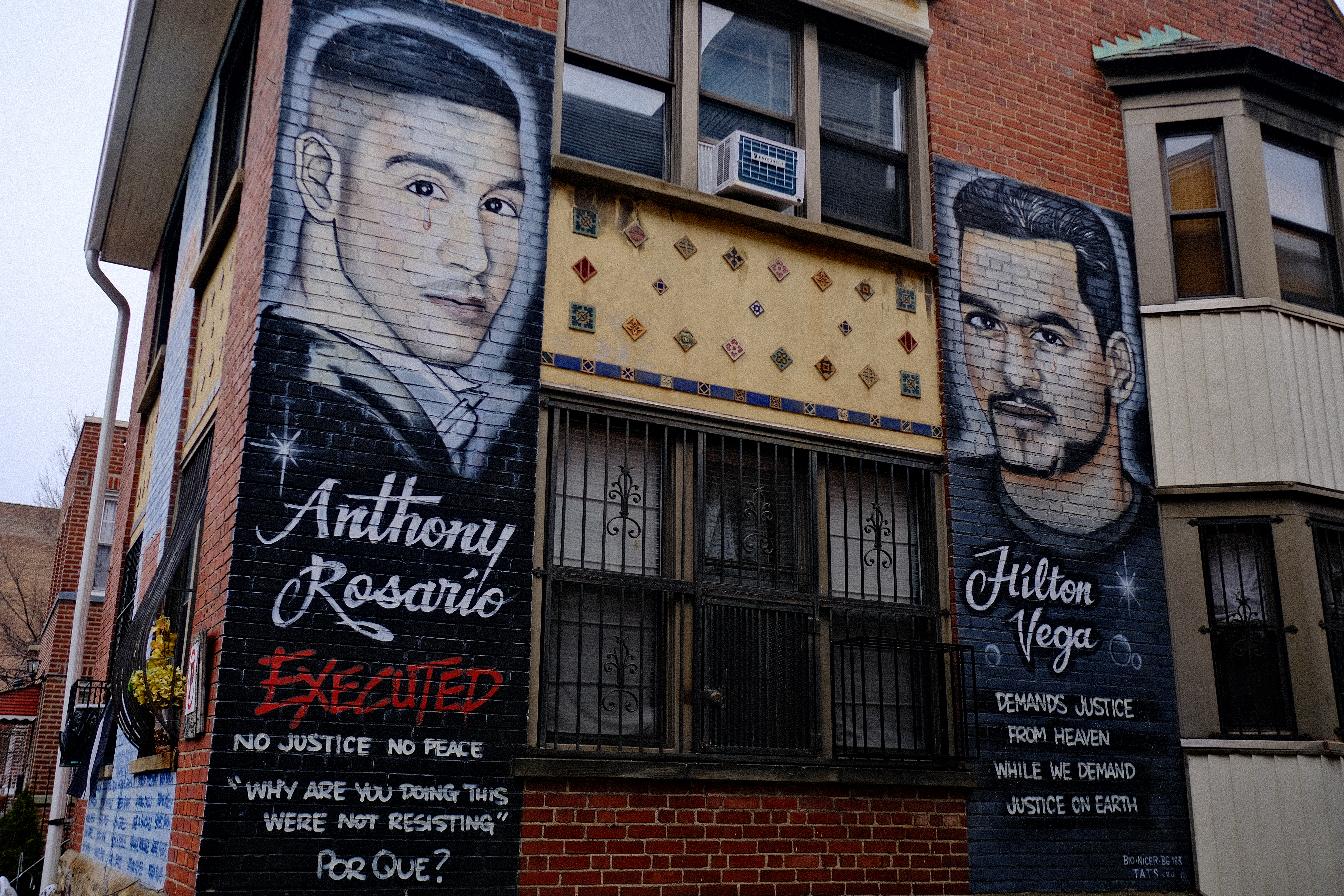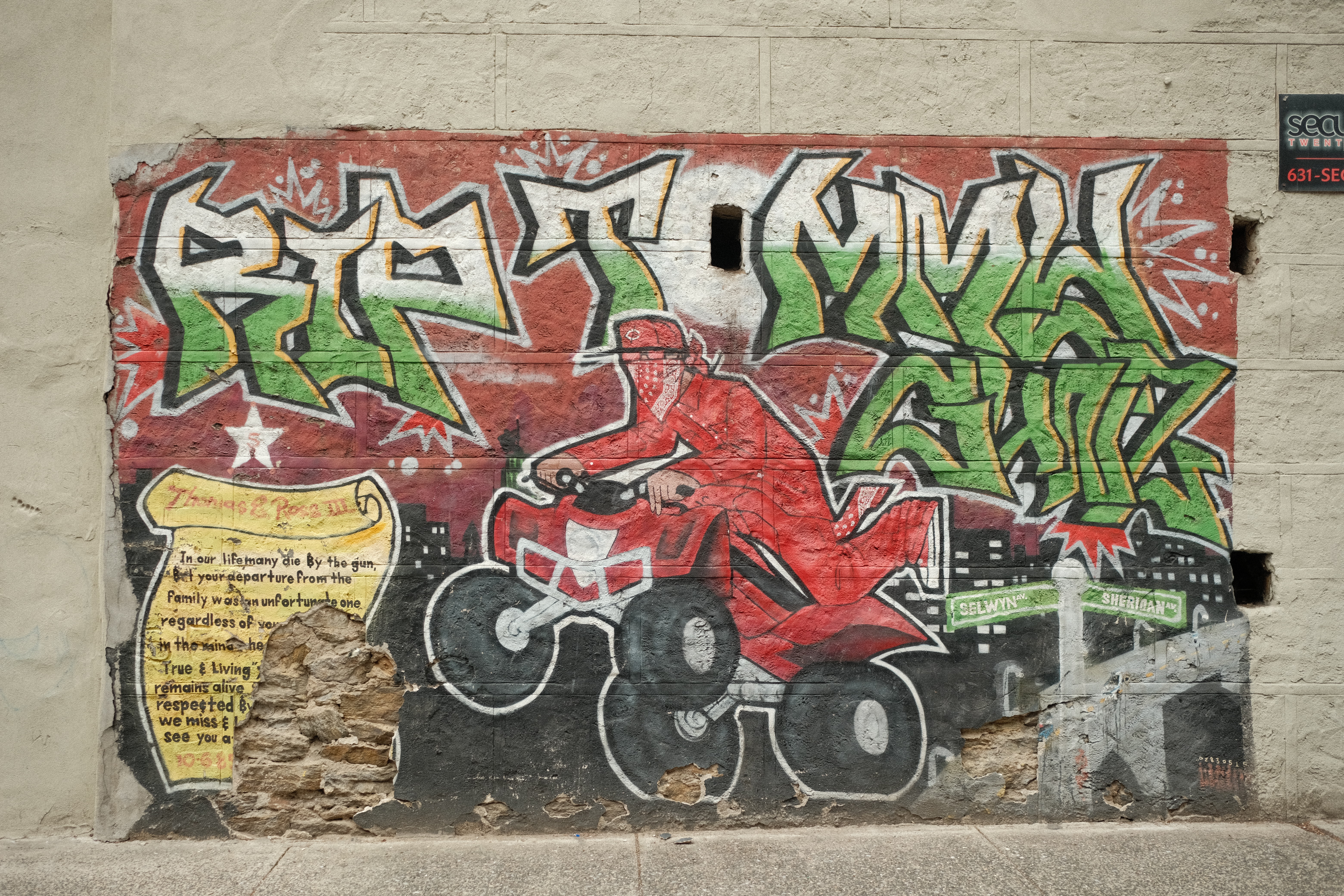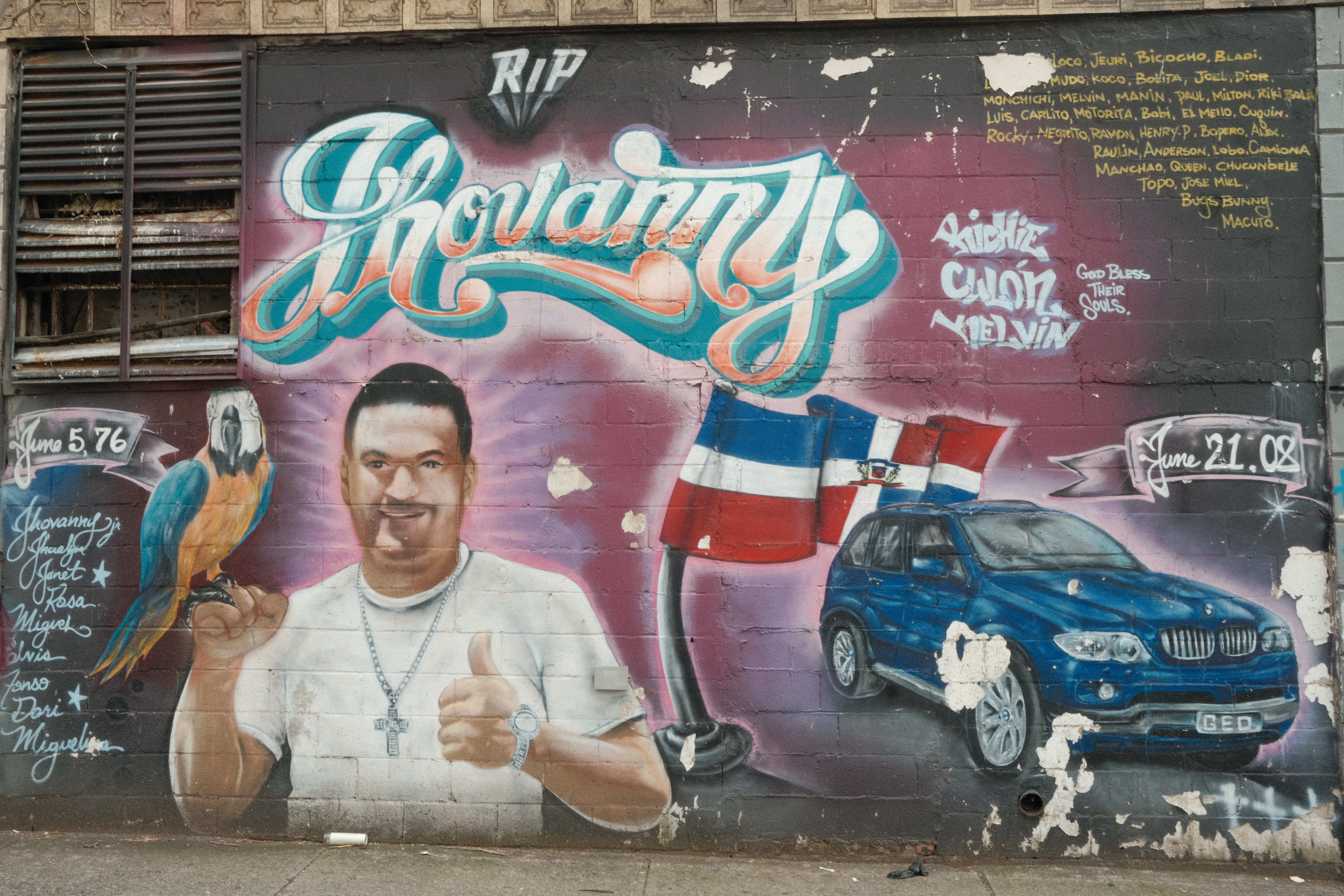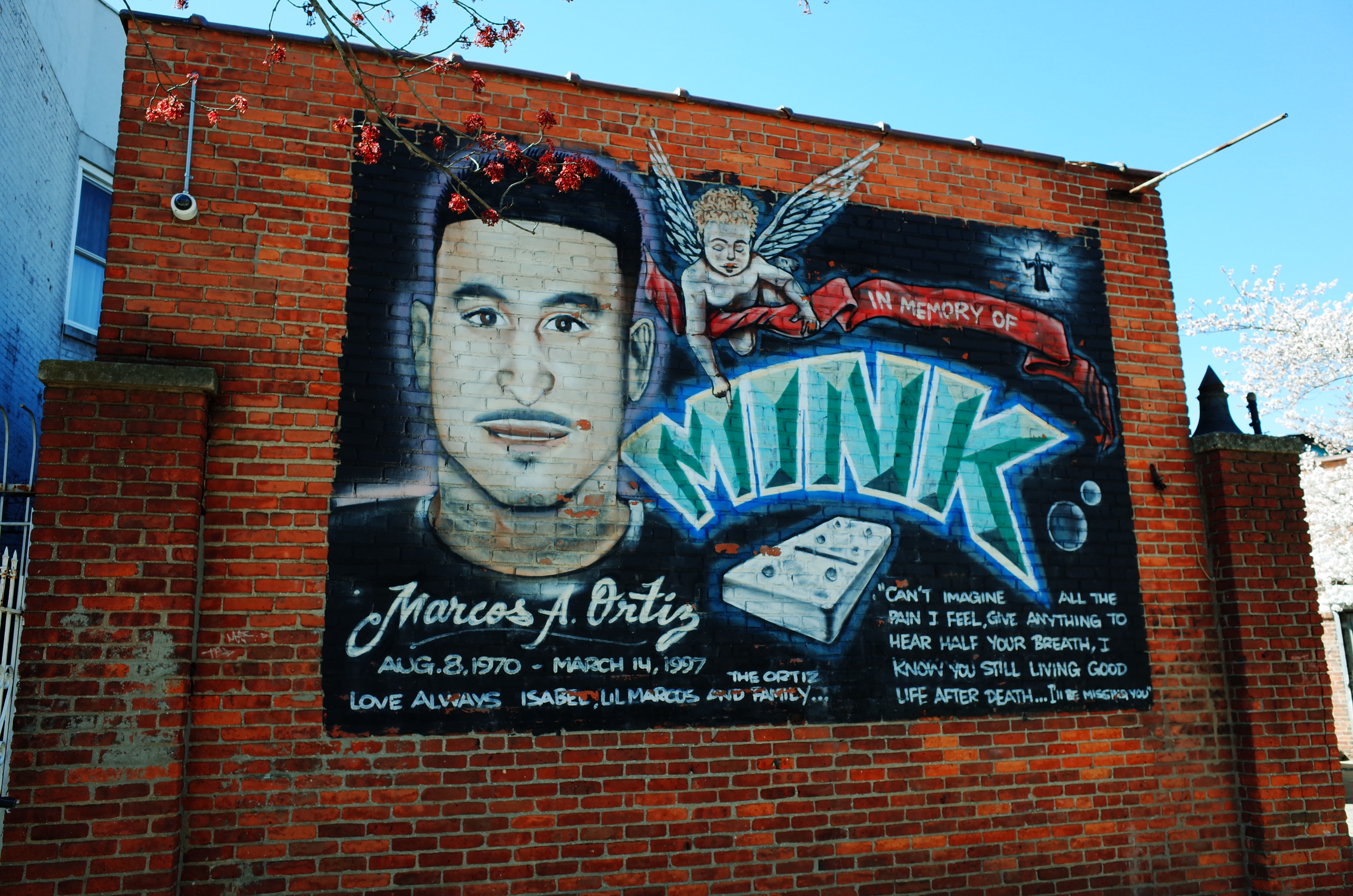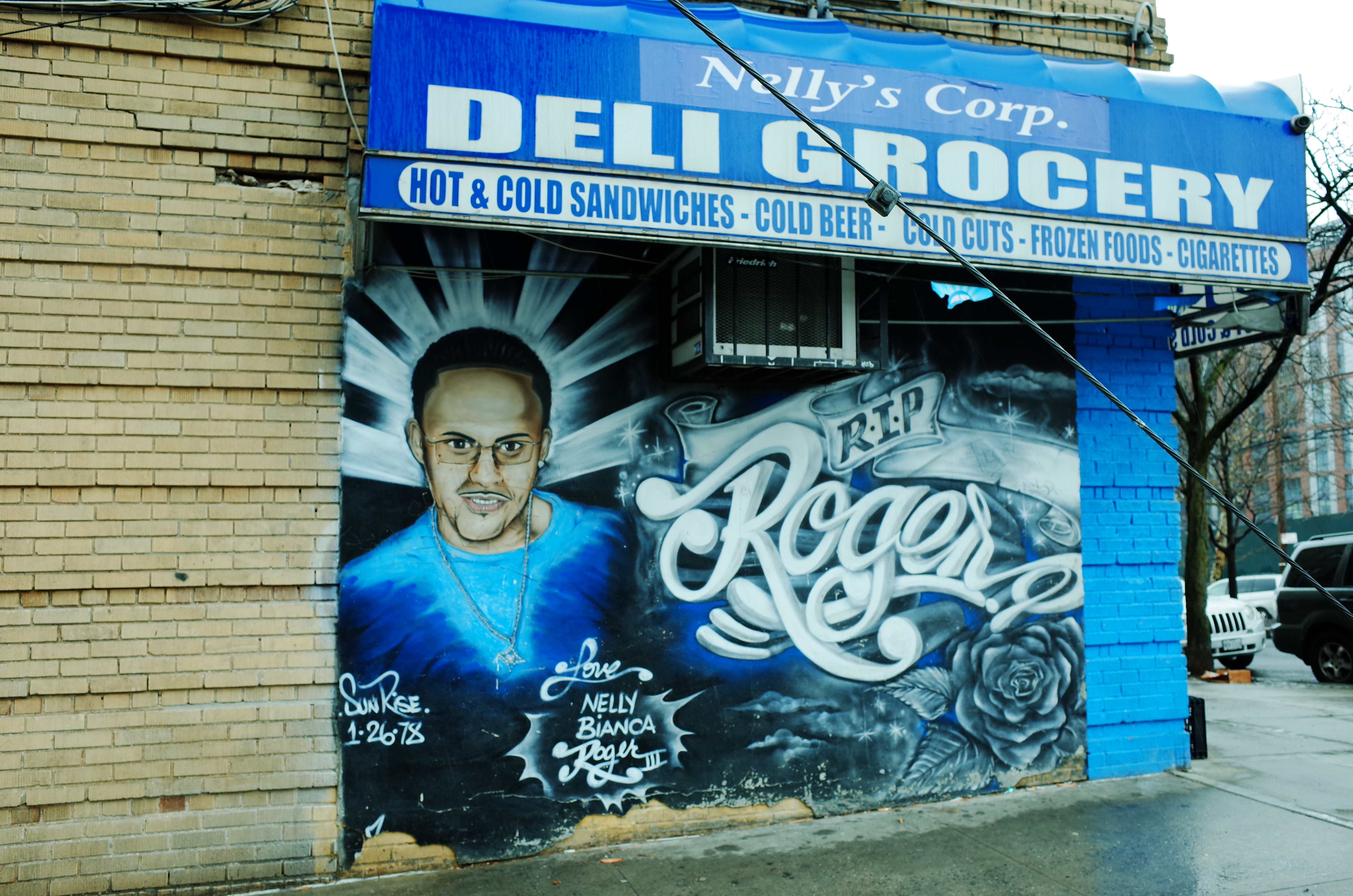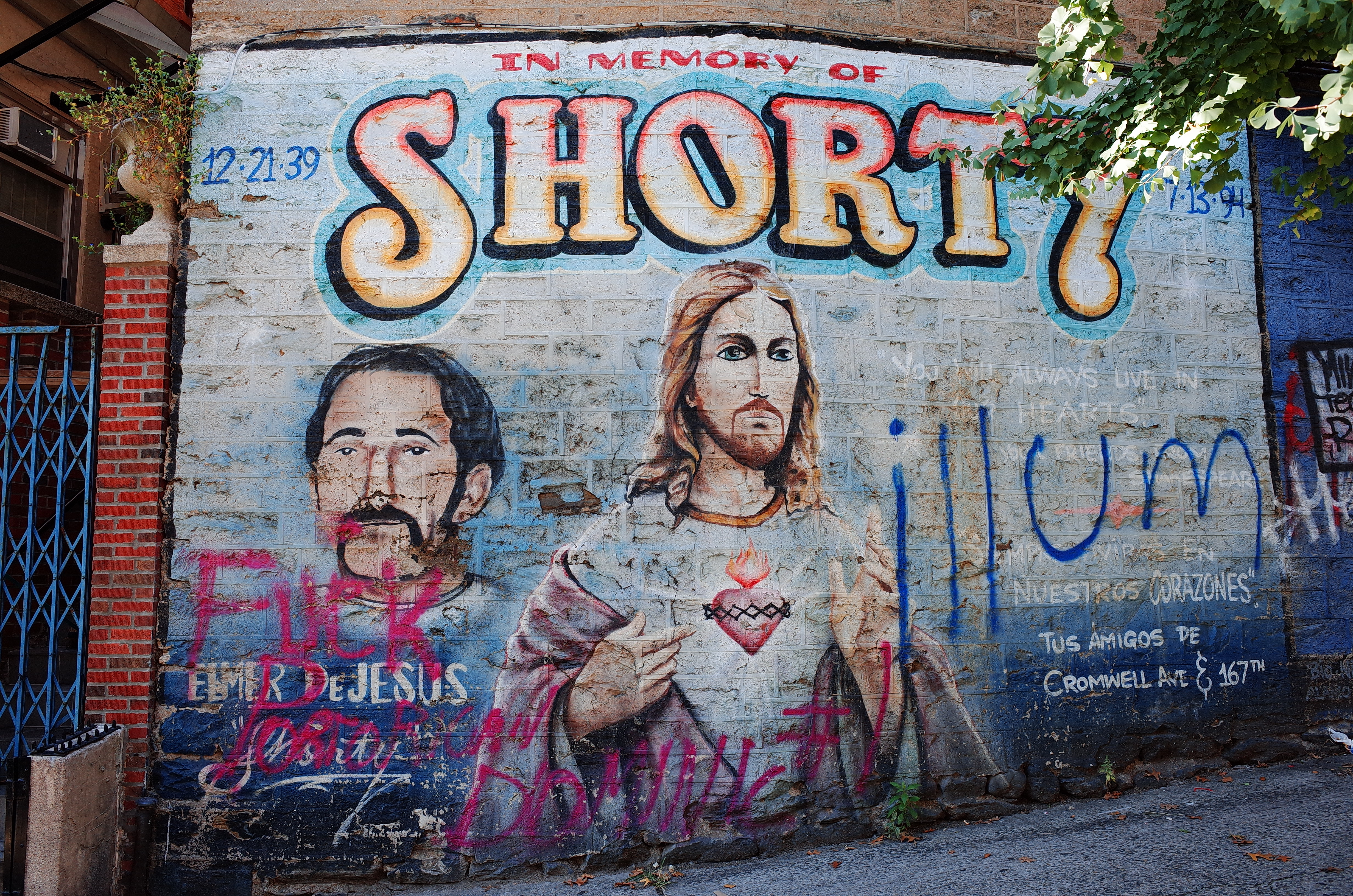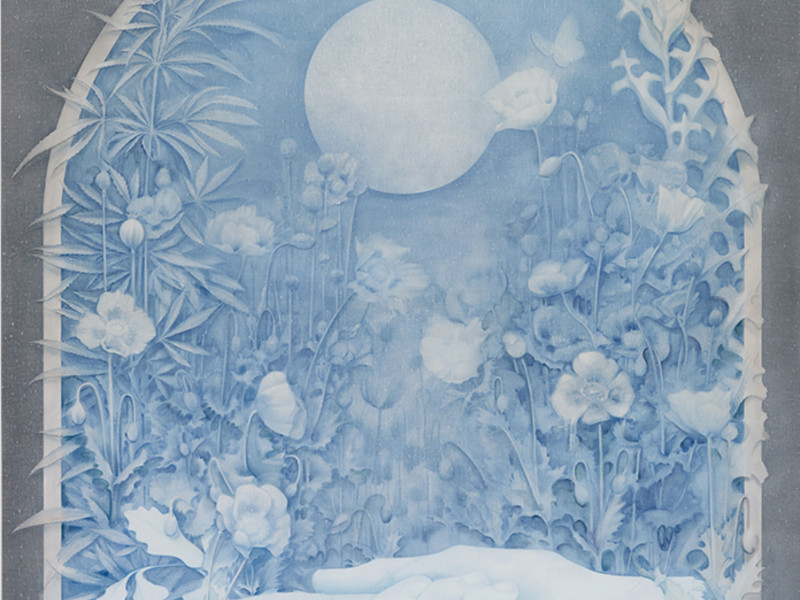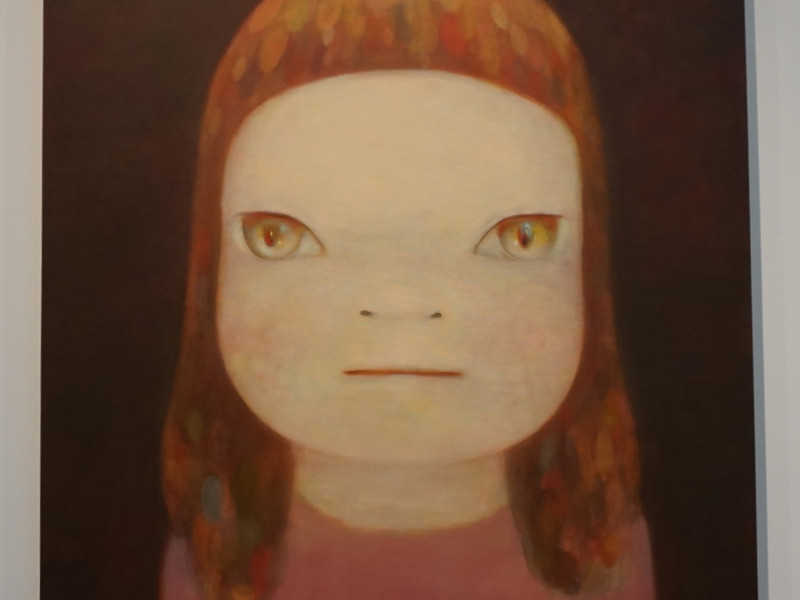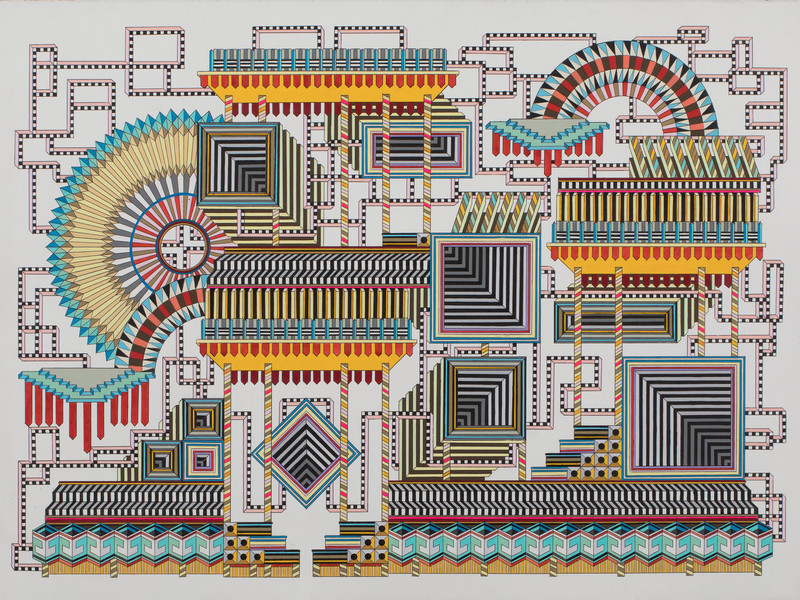In the 6th with Nathalie Halgand
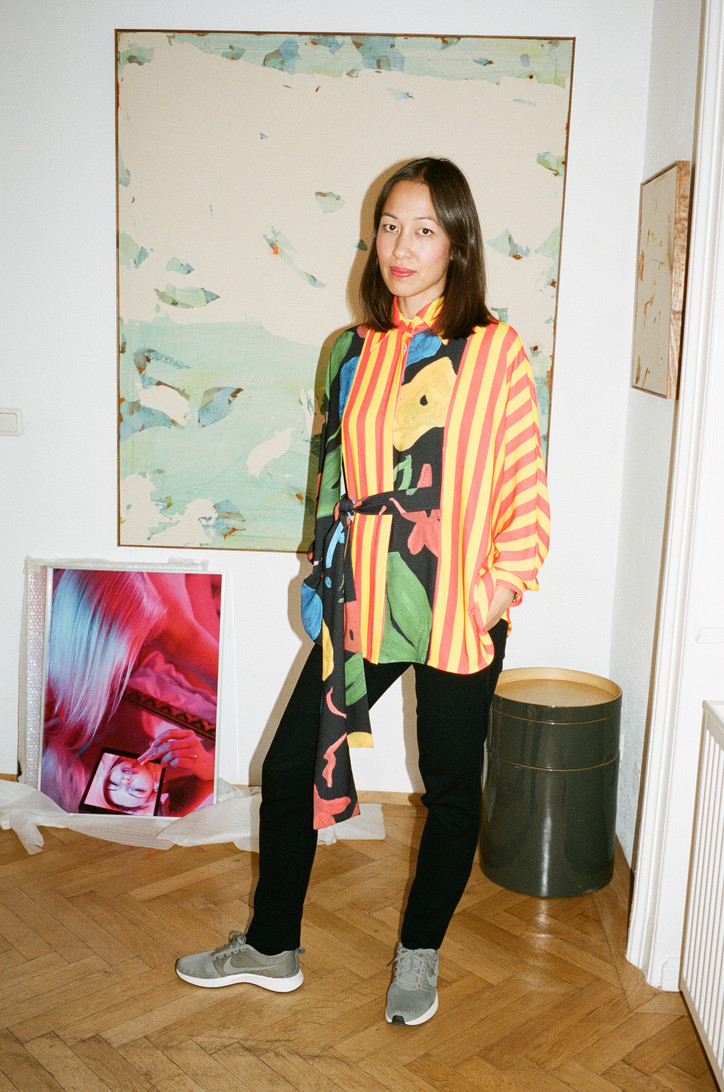
With the enthusiasm and passion of a mother for her children, Halgand views the artists she chooses as an extension of her own clan. Indisputably, the careers of the gallery’s artists would not be what they are without the close and careful support of Halgand.
On starting her own gallery:
I studied art history and met someone who was already running a space and asked me to join. I always wanted to work with really young artists, and what’s contemporary and happening now. I did that for seven years and then it was time to start something new. My former business partner left back to the States and I decided to start my own gallery in the space.
On choosing the artists she represents:
[My artists are] international. There are so many artists everywhere. Of course, first, it’s the work itself—I like when there’s a story I can tell. Tastes are very different—I like to find in an artist something that intrigues me or that is fascinating, or opens up a new world. It’s not limited to a certain formality or medium. The personality of the artist is very important to me, as well.
On Vienna as a hub for artists:
There are great things happening. There are two really great art academies. It was about time for Vienna to rid itself of this image of horse carriages and Sachertorte. I have a feeling it has to do with the new generation and more international people settling here.
On who the next rising star in the art world is:
Signe Pierce, my artist from New York. I think she will be really big one day. I believe she will be in this generation of female artists who talk about political issues, feminism, sexism—all themes that are important to me. She sees herself as a “reality artist,” because she goes out into public spaces and does “interventions” with her body. It’s all about stereotypes and femininity. For example, she would go out into the street and be the stereotype of a Barbie or these “dumb” stereotype blondes that are meant to be unintelligent or weak, and then what she likes to do is have the exact audience that would normally turn away if they saw something on TV about feminism. She gets their attention and as soon as she has it, something subversive happens, and she objectifies the male viewer and makes the person think about what happened.
Read more about office's trip to Vienna here. Last Stop: Martin Grandits' studio.
